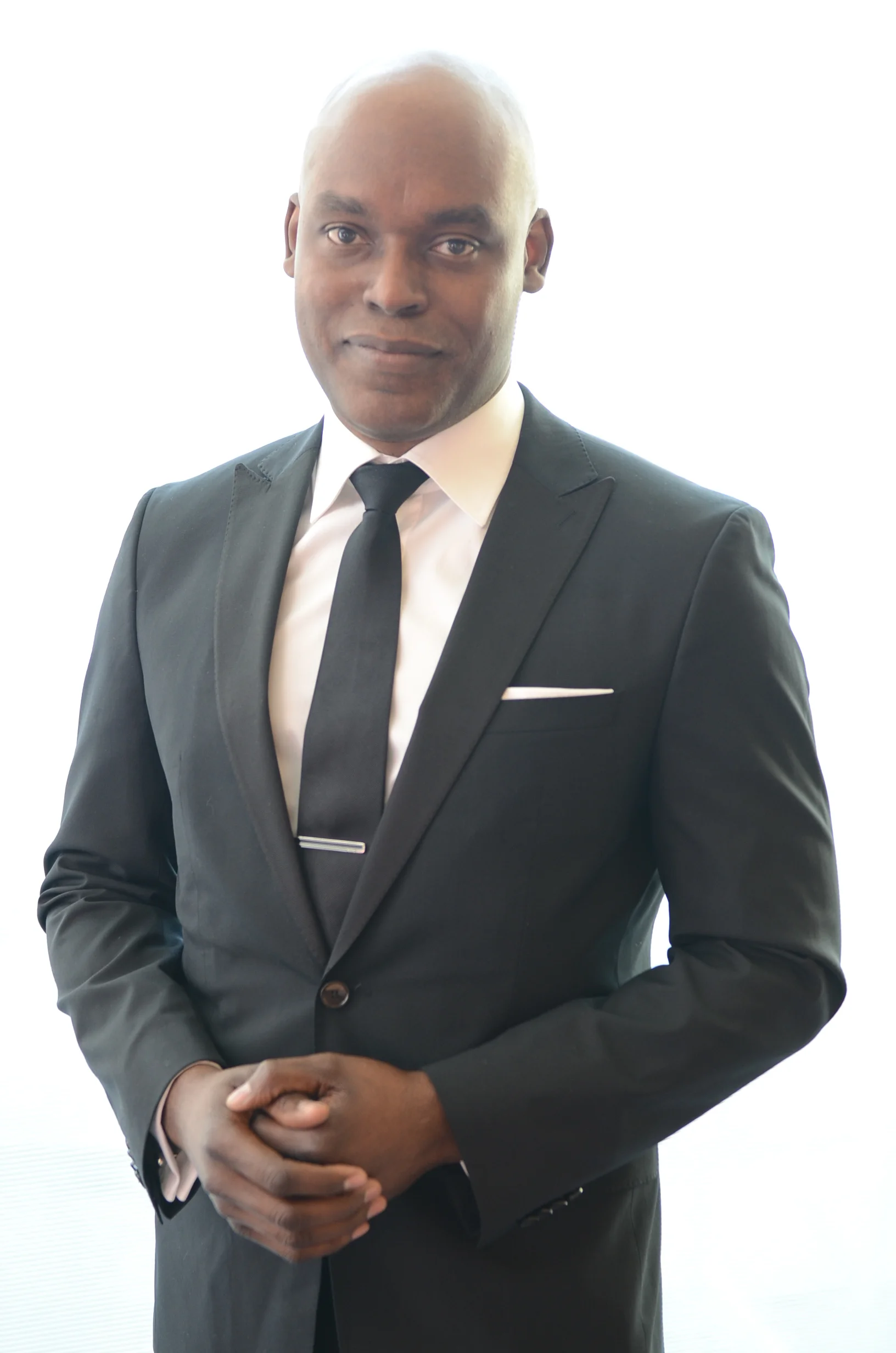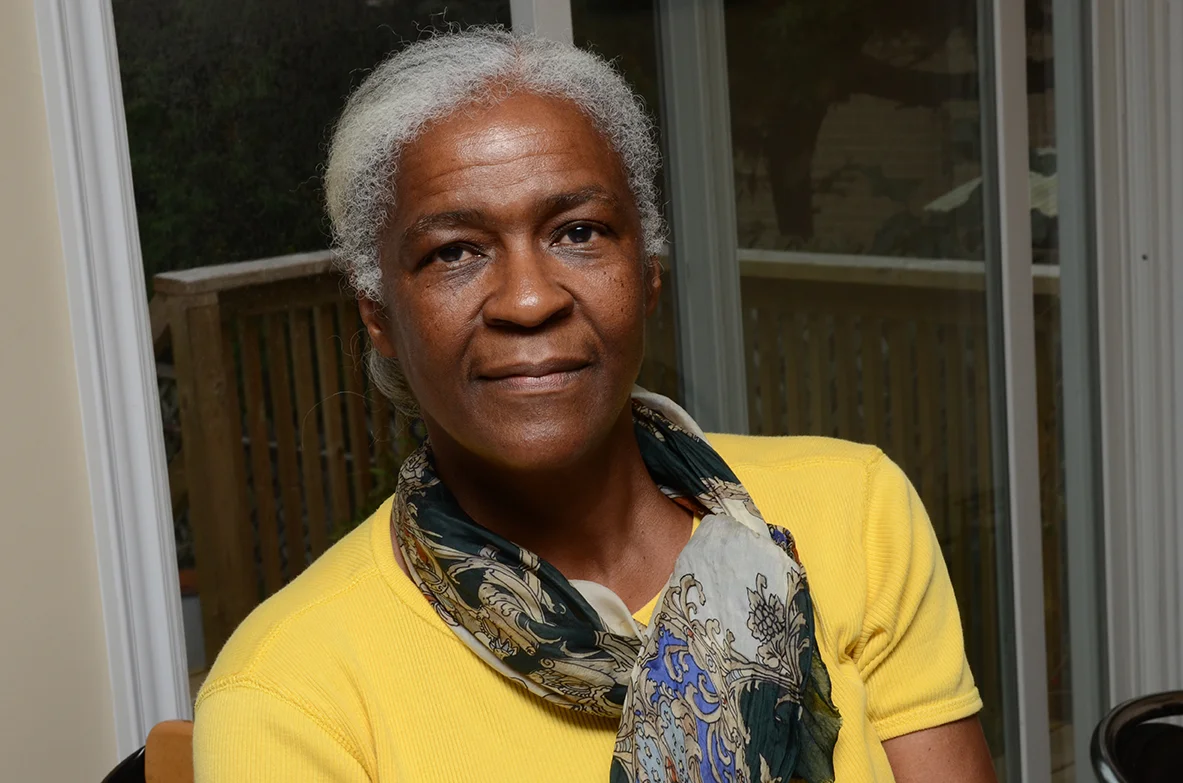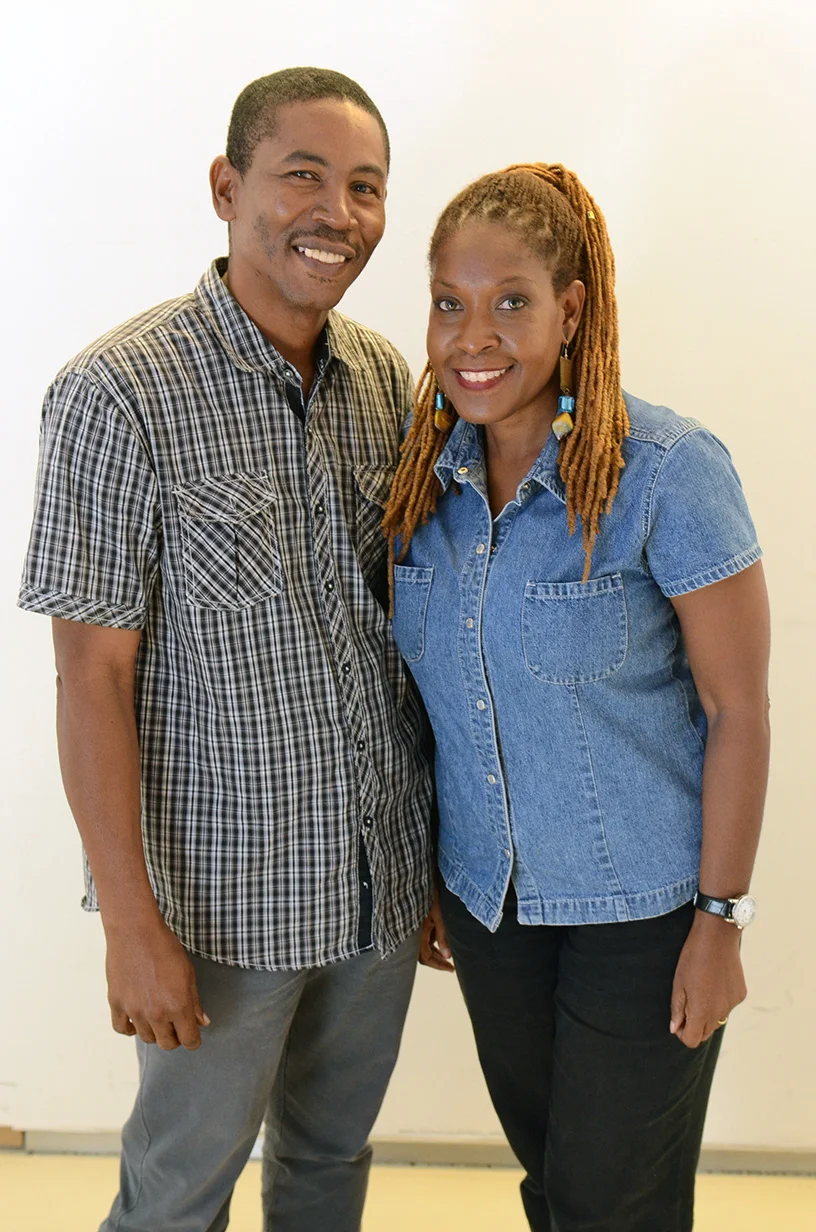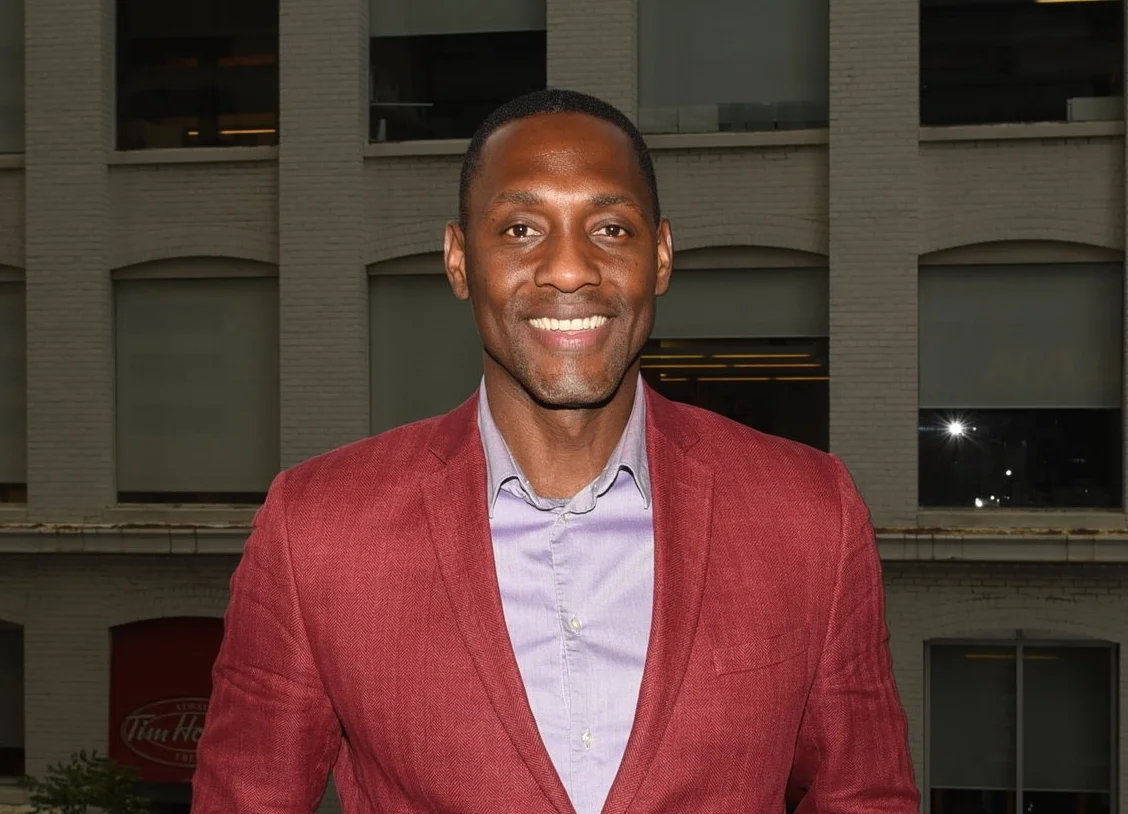Making Toronto Film Festival an experience
Considered the world’s leading public film festival, nearly 300 movies from about 60 countries are screened annually at the Toronto International Film Festival (TIFF) which is celebrating its 40th anniversary this year.
Every September, high-profile Hollywood stars converge in Toronto for movie premieres, red carpets and galas.
Cameron Bailey who, since 2008 has overseen the festival’s artistic vision and programming, viewing almost 700 films annually before making the final selections, said there is more to TIFF than the glitz and glamour that festival-goers see during the 11-day event.
“There is a lot of groundwork that happens before those 11 days and travelling involved,” he said. “I love the travelling. My early years in England, Barbados and Canada prepared me to be comfortable in lots of different places. In my travels, I talk to filmmakers and companies that make, sell and distribute films about what’s coming up. I also track movies from the time they are at the screen play stage before they go into production. My job is to keep those fires warm until we can see the movies.”
Despite its huge success, Bailey -- who founded the Planet Africa section of TIFF which lasted nine years until 2004 and headed the Perspective Canada Series before being appointed a festival co-director in January 2008 -- said there is always room for improvement.
“We do a lot of post-mortems to improve on what we have done,” he pointed out. “Are we bringing the best films we can find from every corner of the planet? Are we discovering who the new directors are? And, are we presenting them technically in the best way? Do we have the best projection, the best sound, the best venues? Are we delivering the best experience for our audience? Can we improve the ticketing process and media coverage? All of this kind of stuff we are thinking about and there are different teams here that are responsible for all of those things. Part of my job is to ensure we never rest on our laurels.”
With the proliferation of Netflix and other distribution platforms that are easily available, Bailey said a perfect film festival has to provide more than just great movies.
“That is the baseline,” he added. “In addition to that, a great festival has to give people experiences they will always remember.”
Bailey cited the 2008 world premiere of National Basketball Association (NBA) star LeBron James documentary, More than Just a Game, that screened at TIFF as an example of a flawless film festival.
The documentary follows James and four of his talented teammates through the trials and tribulations of high school basketball in Ohio and James' journey to fame.
“LeBron and his buddies came to Toronto for the screening at Ryerson,” said Bailey. “We reached out to some communities in the city where they were some young basketball players who were just coming up and had them at the theatre on the same day. That screening was electric because there was the emotion of LeBron James – this massive NBA star – reuniting with his friends from high school. They didn’t become big stars. He was the one that made it, so that really was a huge deal. The fact that we had kids who were in that position LeBron was in when he was in high school in the theatre as well dreaming of their own big dreams and thinking, ‘Am I going to be the one who gets to be LeBron or am I going to be the one who is just a good high school player and then my friend gets to be the big NBA star’.
“So all that emotion was in the room and when the screening ended, there were tears, there was a standing ovation, there was that kind of emotion and I know people walked out of that feeling like, ‘I will always remember this day’. That, I think, is what we try to do time after time and that’s what makes a perfect festival.”
A 1987 University of Western Ontario (UWO) honours graduate, Bailey was Canada’s first Black film critic. He co-hosted The Showcase Revue, co-founded the Black Film & Video Network and completed his first screenplay, The Planet of Junior Brown, which was named Best Picture at the 1998 Urbanworld Film Festival in New York. It was also nominated for a Best Screenplay Gemini award.
Bailey was a member of the city’s blue ribbon panel assembled four years ago to update Toronto’s official culture plan. He also co-chaired Toronto’s Civic Action Arts & Culture Working Group and represented TIFF in 2011 at the inaugural Beijing International Film Festival where he met leaders in China’s film industry.
Of the thousands of movies he has seen over the years, there are few that stand out.
They include Alfred Hitchcock’s 1958 psychological thriller, Vertigo, that’s often cited as a classic film and is one of the defining works of Hitchcock’s career.
“That movie is like music to me,” said Bailey.
San Soleil, a 1983 French film which is a meditation on the nature of human memory showing the inability to recall the context and nuances of memory and, how as a result, the perception of personal and global histories is affected, is also high on his list.
“That film was really important for my intellectual development because it taught me how movies can do more than just entertain,” he noted. “It got me thinking about a lot of political and artistic issues.”
The Matrix, a 1999 American science fiction film depicting a dystopian future in which reality as perceived by most humans is actually a simulated reality, is one of Bailey’s favourite movies.
“I love that movie because it felt like it had both the entertainment and ideas in it,” he said. “And it was so cool. I must have watched it about five or six times after it came out. I have a son (Tate) who is six years old and I can’t wait to show it to him when he’s the right age.”
Born in England to Barbadian immigrants, Bailey attributes his passion for the creative arts to his love for reading.
“When I was in Barbados living with my grandparents, my parents – who I didn’t see for four years – sent me things that included an Enid Blyden book,” he recalled. “It was the only book I had at the time and I read it on countless occasions. When I came to Canada, I gravitated to more books. I spent a lot of time in libraries and I learned how to discover new worlds through books. I didn’t make art and I wasn’t creative in that way as a child beyond what every kid does. But I was a voracious reader.”
A member of the UWO School of Advanced Studies in Arts & Humanities advisory committee, Bailey is the recipient of several honours, including the University of the West Indies vice-chancellor award presented to individuals of Caribbean heritage who are prominent in their field or whose work has highlighted the region.
“To me, that’s like the mountain top,” said Bailey who received the award last March. “The UWI is the highest institution for advanced learning in the Caribbean. To get an award from them is huge. I have a lot of respect for UWI and what they are doing.”
Last year, Bailey taught a course – programming and curation – at the University of Toronto.
“It was the first time I had done anything like that,” he said. “It was for third and fourth-year undergraduates, the really smart kids who are very bright about cinema, but were never exposed to what we do here at the festival. I felt alive every time I walked in the classroom. If the opportunity ever came up to do something like that at a UWI campus, I would jump at it. I love what they are doing and I hope I would get a chance to work with them.”






